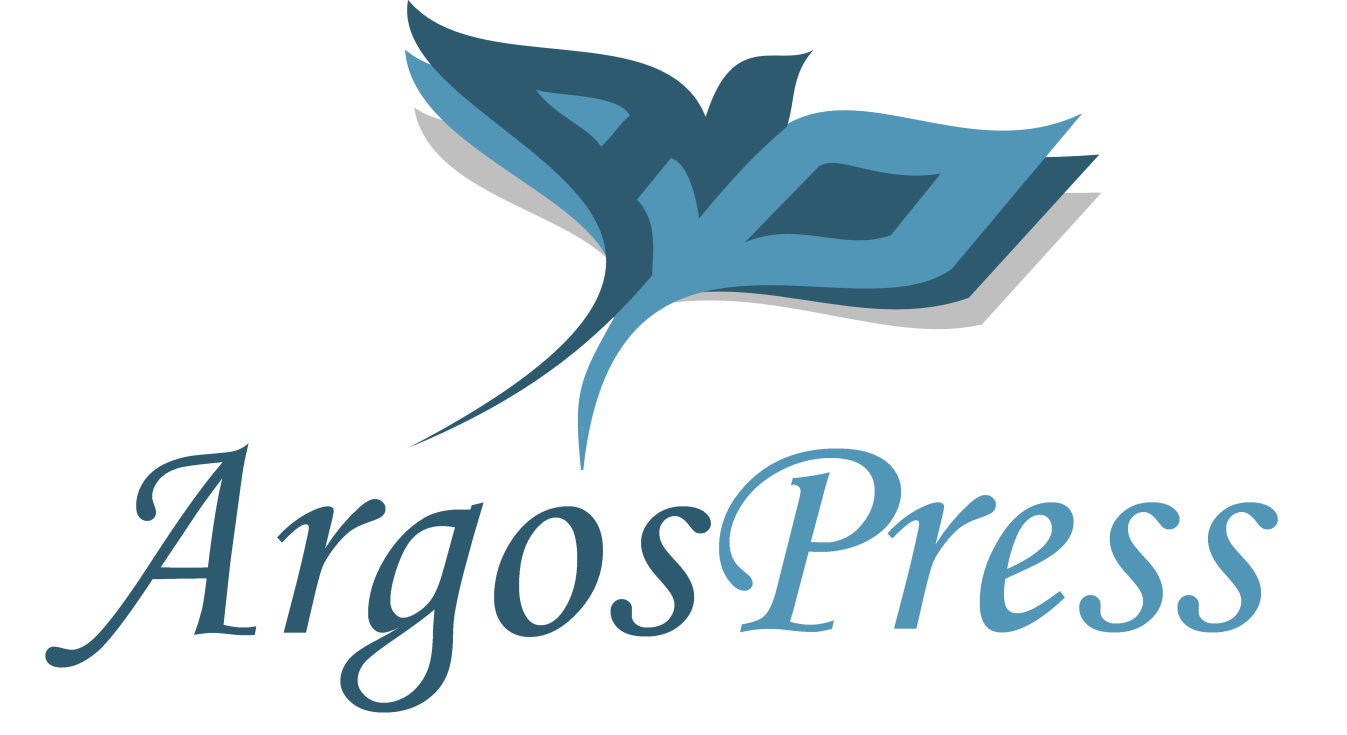Linking Individual Skills To Collective Outcomes: An Agent-Based Distillation Study
Linking Individual Skills To Collective Outcomes: An Agent-Based Distillation Study
Author(s): Patricia Dexter; Robin J.F. Nicholson
No pages: 4
Year: 2003
Article ID: 6-2-6
Keywords: simulation and training, training and analysis
Format: Electronic (PDF)
Abstract: Training for the maintenance of collective skills or team skills is important to any organisation, particularly a military organisation. While it is generally accepted that a higher level of individual skill is advantageous to team outcomes, the details of how individual skills contribute is not well understood. A number of experiments have been carried out where the proficiencies of individual cellular automata agents are varied and collective measures of the effect are recorded. This gave an indication of the individual proficiency level required for a likely positive collective outcome. This paper focuses on investigating the effect on collective outcome of the degradation of individual combat skills, when applied to both uniform and mixed groups, using the agent-based distillation (ABD) Map Aware Non-uniform Automata (MANA), to simulate the behaviour of small teams. We used current (accepted) theory of how individual skills are lost over time to examine the training frequency required of individual skills to maintain an effective level. Several characteristics of individual skill degradation in small units have been predicted. This study has revealed the differences between the individual skills of shooting accuracy and stealth in their effect on small-unit outcomes. Terrain was shown to have little effect on unit performance for these scenarios. An important outcome was the observation of team skills decaying differently to individual skills, suggesting that a training schedule set to maintain team proficiency might differ from a training schedule set to maintain individual proficiency.

